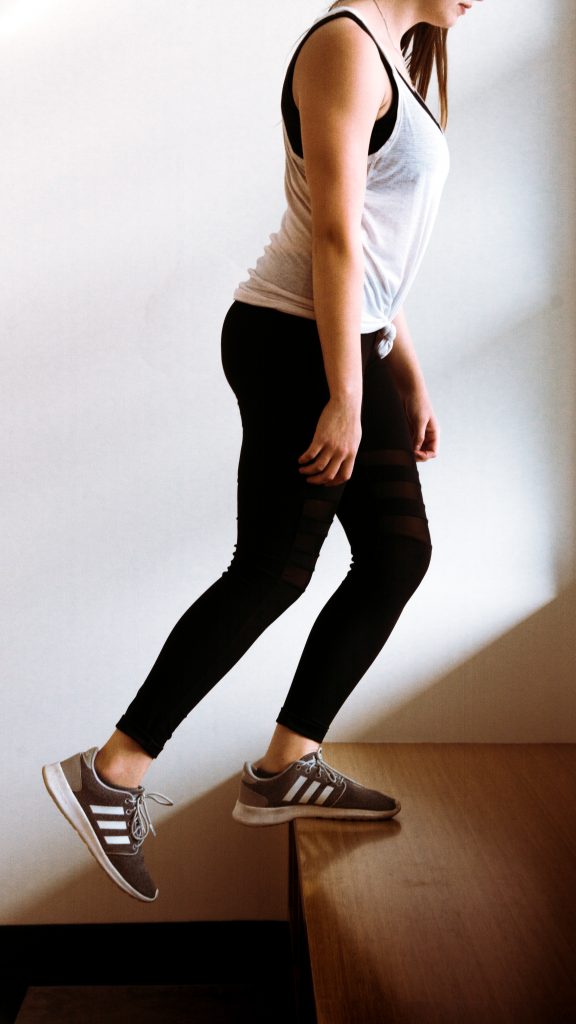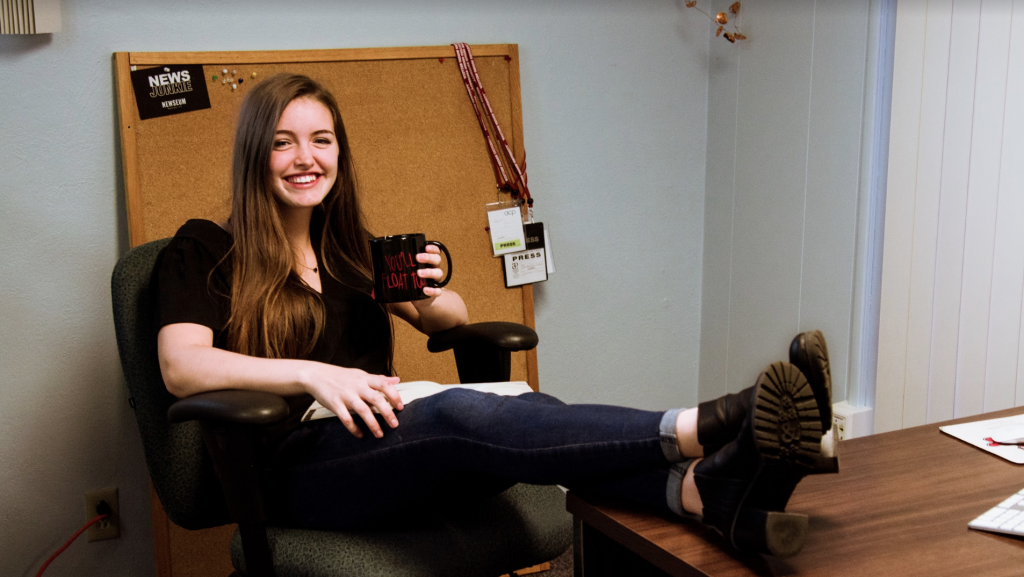
Caity Healy | Editor-in-Chief
“‘How did you get home?’ ‘I don’t remember.’ ‘How’d you get there?’ ‘I don’t remember.’ ‘Where is the place?’ ‘I don’t remember.’ ‘How many years ago was it?’ ‘I don’t know.’”
These words were said on Oct. 2 by President Donald Trump, the supposed face of our nation, as he had the audacity to mock Dr. Christine Blasey Ford’s testimony given on Sept. 27. His remarks were met with a roaring crowd, applause and laughter.
Upon hearing his take on the situation, and the reaction of the crowd, I was disgusted — and I wasn’t alone in that. Even Brian Kilmeade of Fox News’s “Fox & Friends” stated, “Last night, he chose to blow it.”
On Oct. 6, following a rather short FBI investigation, Brett Kavanaugh was confirmed onto the Supreme Court. Kavanaugh, accused of sexual assault by Ford, was confirmed into a position that throughout history has had immense power over the laws and policies of the country. Someone who has been accused of sexual assault now has a say over what laws our country will follow.
This is a prime example of why people choose not to share their stories. An argument that several choose to use against Ford is, ‘why did you wait 36 years?’ Why she chose to wait is entirely her decision, one that she does not have to justify, and should not be used against her. But put yourself in her shoes: if your assaulter was about to confirmed into a position of high power, wouldn’t you want to speak up then too?
Why don’t people report their stories? Because when they do, they are mocked by the highest executive position in the country. Because when they do, they become hated by much of the country and even receive death threats. Because when they do, their accuser is still confirmed into the highest judicial position in the country.
In 2016, during Trump’s campaign, according to CNN, “at least 15 women accused Trump of misbehavior ranging from sexual harassment and sexual assault to lewd behavior around women.” Trump himself admitted that he has assaulted women, stating in 2005 that “…you can do anything … Grab them by the p****. You can do anything.”
Why don’t people report their stories? Because when they do, their accuser, despite their admittance to assault and despite the many who made allegations against them, still become the elected president of the United States.
Amidst the controversy surrounding the Kavanaugh allegation, many took to social media to use their voice under the hashtag, “#WhyIDidntReport.” Sharing stories that many struggle to ever make public, victims of sexual assault explained the reasons that they decided not to come forward. What that reason is differs for many, whether it be not having proof, feeling as if nobody would care or believe them, the fact that they were intoxicated when it happened, or for some, being convinced by others that it was not sexual assault. Whatever the reason, whether or not someone chooses to report is their own decision. If they decide to wait years, and then come forward, that is their decision as well. If they decide to never report it, that is their choice.
Recently, I reached out to a friend of mine who wished to remain anonymous, who has been a victim of two occurrences of sexual assault. She reported one, and chose not to report the other.
“I was confused — It was the guy I liked at the time, but it was obviously something I didn’t want. I didn’t know how to express (what happened). I blamed myself because he didn’t talk to me after that… I was more focused on if he still liked me or not,” stated anonymous source. This case happened in 2014, four years ago. Until recently, she had chosen not to tell anyone aside from close friends.
“I didn’t even want to tell my counselor or therapist. I went through multiple (professionals),” the anonymous source said. “I really wanted to deny that it happened for some f****** reason. I just didn’t want to tell anybody.”
In early 2018, the anonymous source was assaulted again. This time, she decided that she wanted to report it.
“I reported him. But even then I called (to check on the case) twice a week for a whole month and I was always being redirected. I still haven’t heard from them yet. I kind of just… gave up. I felt like the sheriff department did not give a f***, they didn’t know what to do with that information. I still haven’t gotten justice,” the anonymous source commented.
This is just another example of why some choose not to report. It’s ultimately their choice. However, my anonymous source wanted to make it clear that while she didn’t feel like she received justice in her case, she wants people to know that they “shouldn’t be afraid to speak up. Whatever you’re stowing away inside or carrying, for me, telling someone really helps. I don’t feel that much trauma from the (case) that happened most recently because I talked about it several hours after it happened. But I feel like, whatever I’m carrying from the previous one, it’s full of shame and guilt and even if I (reported) I still have to carry around the four years I have not spoken about it.”
Know that for anyone who wants someone to talk to, or just wants someone to believe them, there are resources here on campus. Abby’s House, located in Room 106 of the WUC, is a center where anyone can go and share their story where they will be believed. They can also be contacted through phone at 503-838-8219.
Contact the author at chealy16@wou.edu









